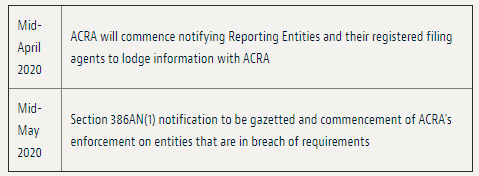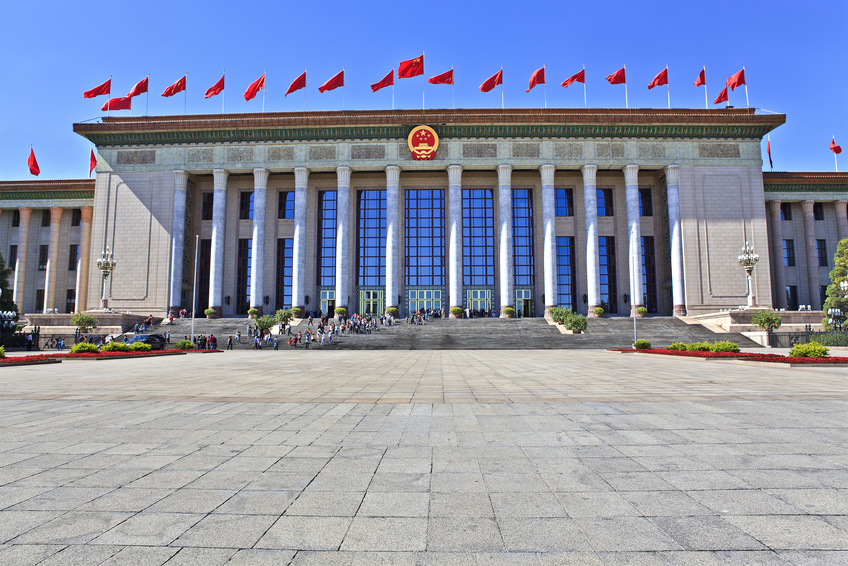-
Setting up of a Central Non Public Register of Controllers
-
Introduction of Register of Nominee Shareholders for companies
At two recent Update Sessions organised by the Chartered Secretaries Institute of Singapore, the Accounting and Corporate Regulatory Authority (ACRA) announced several new initiatives, 2 of which being:
- implementation of a central, non-public register of controllers; and
- proposed amendments to the companies legislation to require disclosure of particulars of nominators of nominee shareholders.
While we await the official notification of the former and publications setting out the proposed amendments for the latter, we provide in our summary below the aspects of these initiatives which will be more significant to directors, company officers and corporate counsel, to note and prepare for.
ACRA’s rationale for implementing a central non-public register of controllers is as follows:
- increasing complexity of money laundering schemes involving corporate entities;
- keeping pace with international efforts to enhance transparency of ownership and control of corporate entities; and
- ensuring beneficial ownership information is readily accessible for law enforcement agencies.
Reporting Entities, such as companies, foreign companies and limited liability partnerships registered in Singapore, will be required to both:
- maintain and update their registers of controllers, currently kept at their registered offices or by their registered filing agent on their behalf; and
- provide their controllers’ information to ACRA and update ACRA on any changes in status or particulars of the controllers.
Section 386AN of the Companies Act empowers ACRA to maintain such a central register of controllers of companies and foreign companies, upon the provision coming into effect by notification in the Government Gazette.
ACRA has indicated the following timeline for implementation of the centralized register:
ACRA also proposes require disclosure of the nominators of nominee shareholders. A new definition of “nominee shareholder” will be adopted, being a member of a company who legally holds shares in the company on behalf of another person. The particulars of that other person, the nominator, will have to be disclosed in a register.
Based on the information released by ACRA at this point in time, it is uncertain as to whether the register of nominee shareholders will be centralised, as will be the case for the register of controllers, discussed above.
We do expect this register of nominee shareholders will not be accessible to the public, as is the case for the register of controllers and the Register of Nominee Directors.
Reporting Entities should continue to comply with their timely and complete disclosure obligations in preparation for the coming changes.






